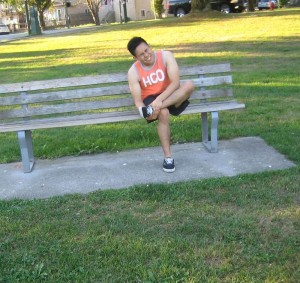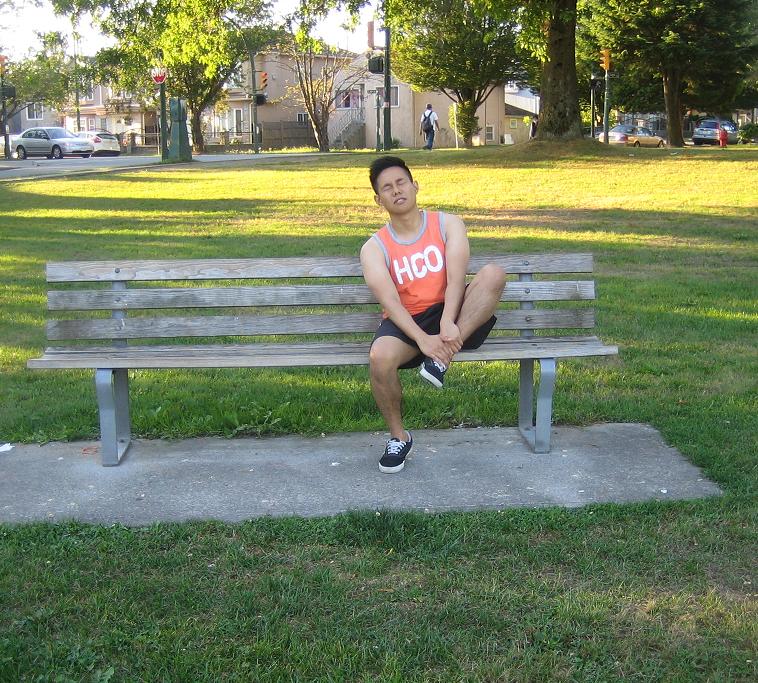Gout is a condition that triggers intense and abrupt attacks of pain, swelling and redness of the joints. It usually affects one joint in a single episode, usually the big toe. Men over 40 years old are usually affected by the condition. It is important to that the peak age of attacks is 75 years old but can still occur in young individuals on rare circumstances.
What are the causes?
Gout is due to the buildup of uric acid inside the fluid of the joints. Uric acid is the waste product of various foods in our diet. One way for the body to properly digest food and eliminate waste from the body is with the help of uric acid that transports the waste material.
It is sad to note that uric acid is eliminated via the kidneys through urine. Nevertheless, once the transportation of uric acid is disrupted and the uric acid builds up in the bloodstream, gout will develop.
The disruption of the elimination of uric acid is often due to a genetic issue, but can also have other causes. Once the uric acid level is too high, intense attacks can occur. The other symptoms include the formation of kidney stones and eventually kidney failure.
Who are at risk for gout attacks?

Some individuals have a hereditary condition that makes them prone to gout along with other risk factors. These risk factors include the following:
- Sudden increase in weight or obesity
- Excessive intake of alcohol
- Erroneous kidney function
- Certain forms of cancer
- Certain medications such as thiazide diuretics
- Foods packed with purines such as organ meats, anchovies and herring
Management
The initial treatment for gout includes non-steroidal anti-inflammatory drugs (NSAIDs). These medications are available over-the-counter but there are also potent variants prescribed by the doctor.
Among those who cannot use NSAIDs, a steroid medication can be given either oral or injected. Colchicine is also an effective medication used for immediate treatment of an attack, but often causes stomach upset and nausea. The future attacks of gout can be prevented by using allopurinol which is a medication that can be started after an attack has ended.
Prevention
Many individuals are often aware of the causes of gout attacks, thus helping prevent future attacks.
- Certain foods with high levels of purines must be avoided.
- Alcohol consumption must be done in moderation.
Both prescription and non-prescription medications must be reviewed by the doctor. Remember that the other possible causes of the attacks include joint injury, dehydration, febrile illness or surgery.

